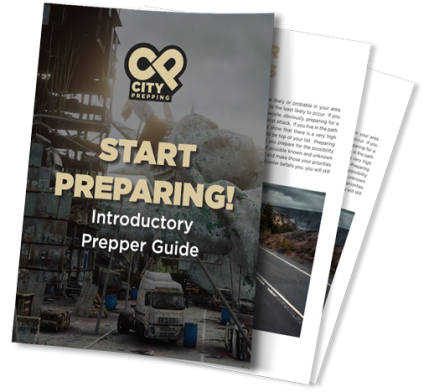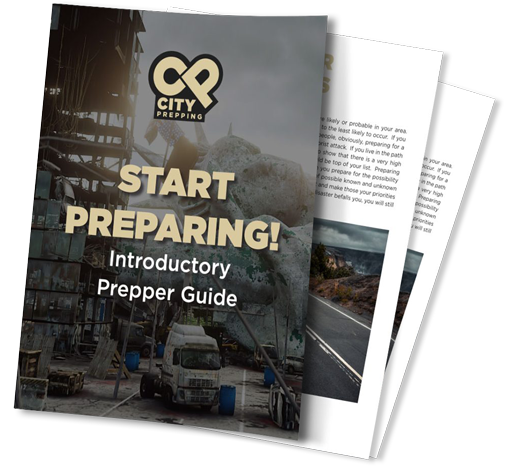

Kris created The City Prepping Community to foster a tight-knit community of people that are inspired to become more self-sufficient, safe and secure. His Youtube channel has 142M views and counting and has been involved with emergency preparedness for nearly 30 years, including humanitarian work in impoverished areas of Mexico and Afghanistan.
If you’re ready to get started, go here to download the Free “Start Preparing!” Survival Guide today.

Sign up now to download my FREE guide to the foundational skills and resources you need to prepare for the worst and put the odds in your favor.

Sign up now to download my FREE guide to the foundational skills and resources you need to prepare for the worst and put the odds in your favor.
Kris has been involved with emergency preparedness for nearly 30 years, including humanitarian work in impoverished areas of Mexico and Afghanistan.
The City Prepping Community a tight-knit community of people that are inspired to become more self-sufficient, safe and secure.
© 2025 City Prepping. All Rights Reserved / Privacy Policy

Your information is secure. By submitting this form, you agree to join the City Prepping mailing list.